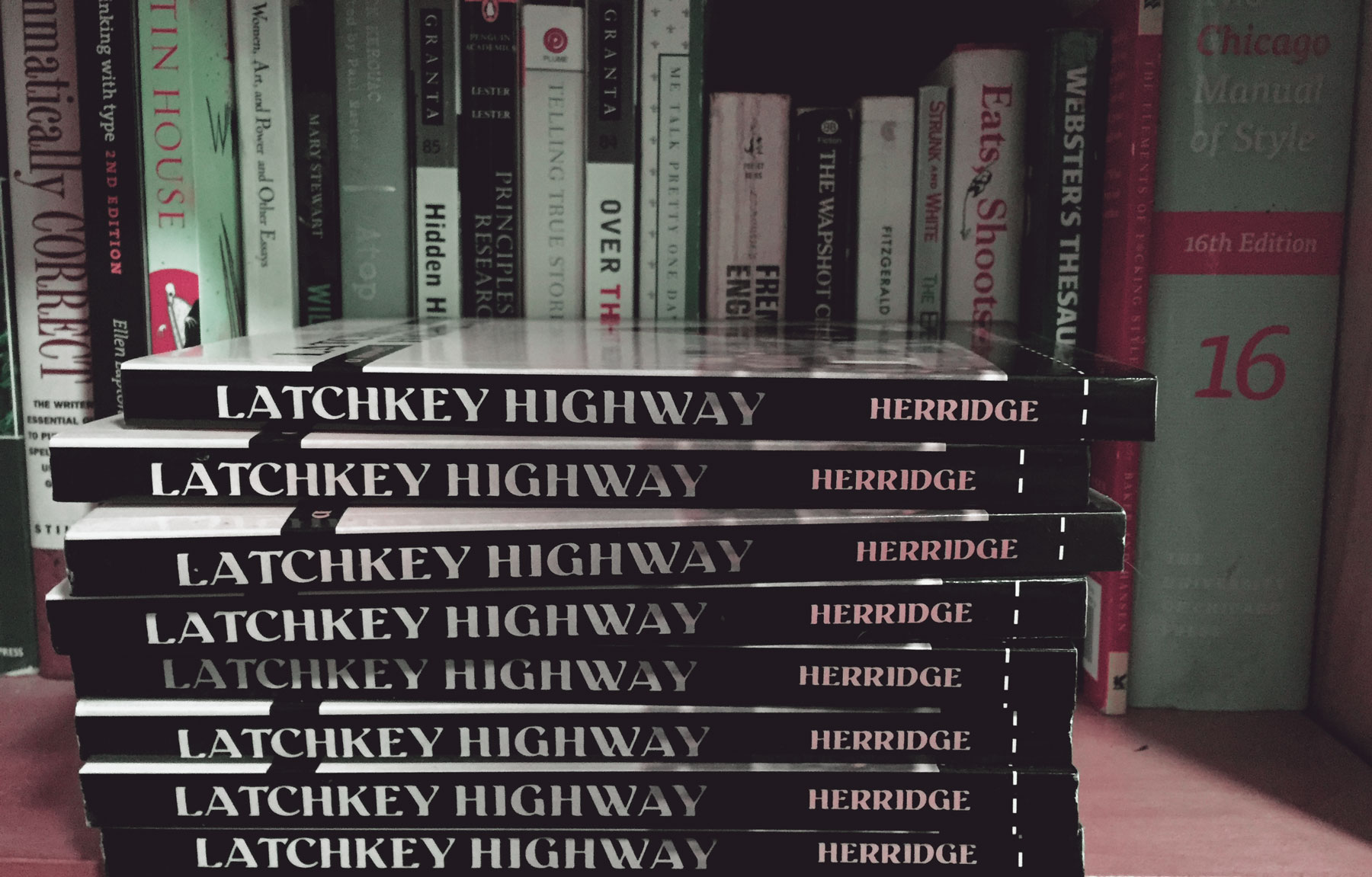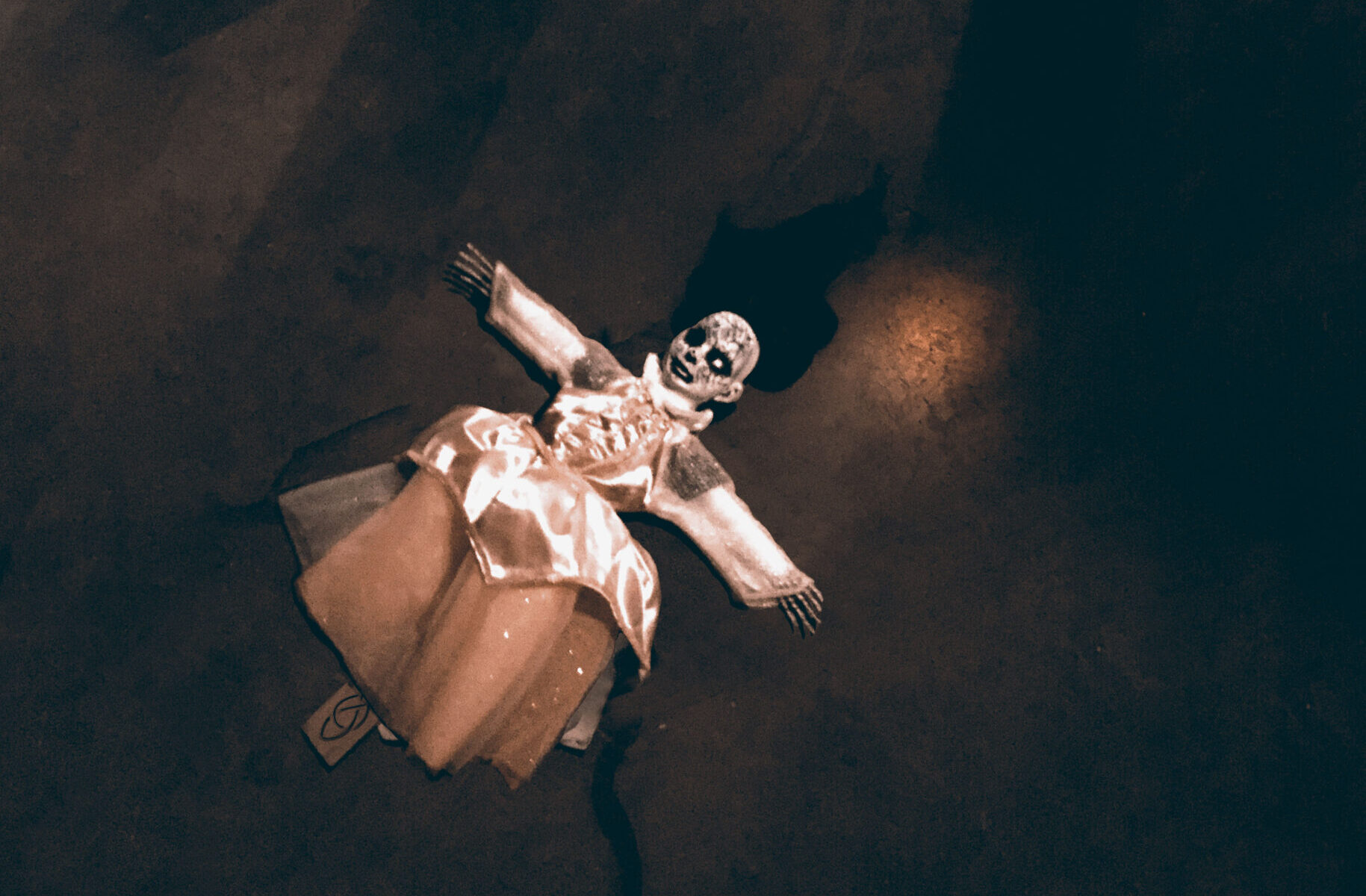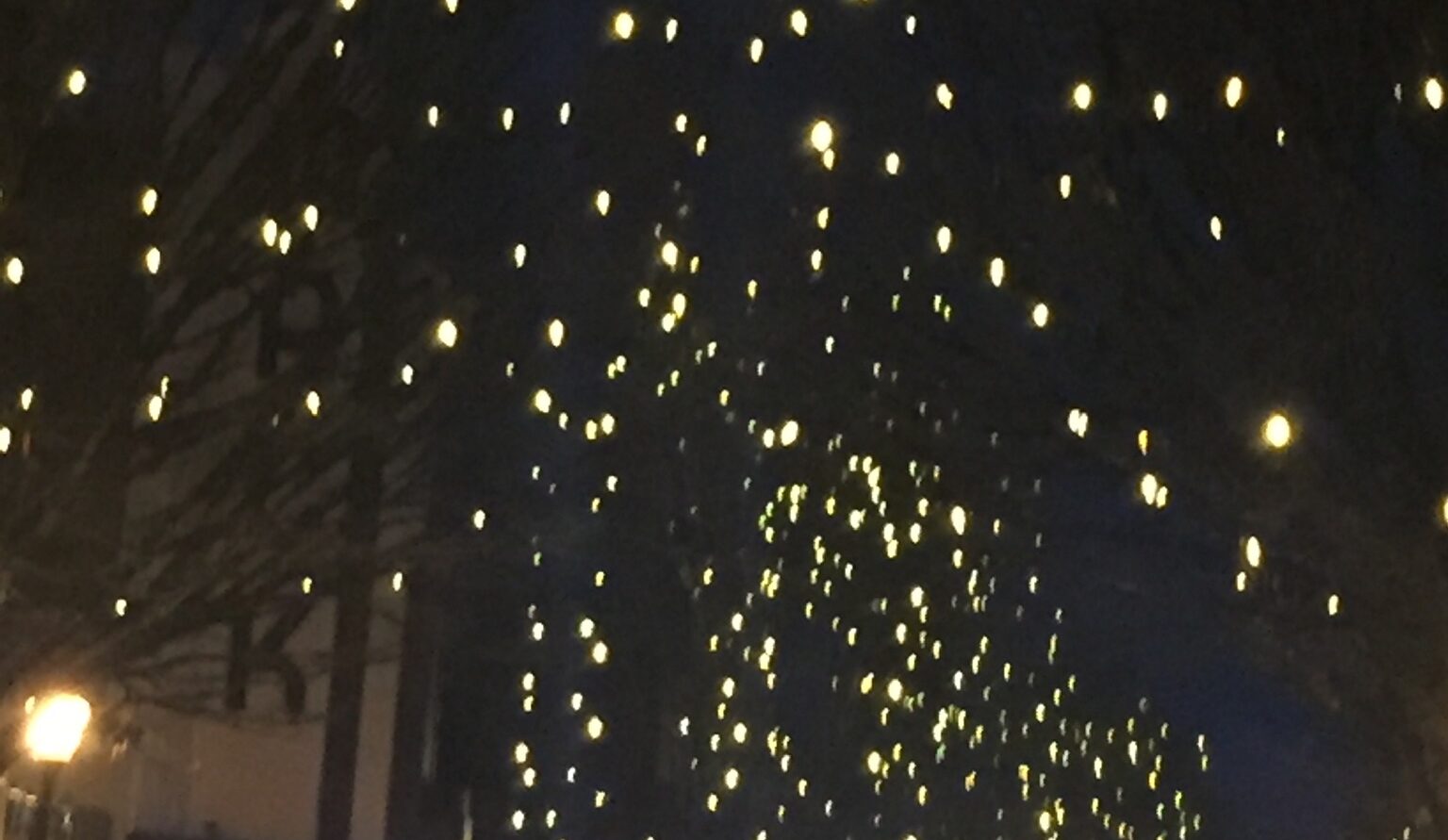5 Minute Read:
Rain fell in sheets. At night it tapped out staccato symphonies on the oversized windows in Maggie’s room, and on the roof vents. On the day Maggie finished her book, the rain was accompanied by fierce wind. The widowed writer once again became Margaret Goldwyn: Children’s Book Illustrator as she worked out a sketch of the finale of her hometown hero’s coming-of-age tale; what was left of the girl’s childhood destroyed by a lightning-strike.
Cars glided down her street past her house kicking up puddled water as she sketched by the grey filtered light of the dining room’s picture window. It was the same lovely light that graced the upstairs rooms at the northwest corner and was wonderful to draw by, even on such a dreary day. She sat back in her chair and admired her lines and shading, then looked around the room when her eyes had gobbled up all they could of the artwork. It was a study. She’d refine it later, coming in behind her pencil marks with ink, then maybe some muted colors from art markers.
She heard some shouting outside, and saw a couple cars backing up her street. Someone in a slicker jogged past, and in the near distance she could hear a backup alarm. Her first thought was that the wind had pulled loose a few slack tree branches.
She hurried to the windows in the other rooms for the best possible three-sixty view to get a sense of the deluge. It wasn’t just her intersection, off to the north the gutters she could see were torrents, and the storm drains were failing. She grimaced and went back to her room. She grabbed the newsie and pulled it tightly onto her head, and looked out the window one more time. The water was up to the neighbor’s front door and lapping ironically at the boat on its trailer parked next to their garage, which was surely flooded.
Maggie fled down the stairs barely avoiding tripping over Bruce who bounded after her. She pulled on her anorak and trotted out the door and down her driveway. Her house must have been at a higher elevation, because it didn’t seem even vaguely threatened. Her heart sank when it occurred to her that more than a few of her neighbors would surely be submitting insurance claims if they had insurance at all. What on earth they would do in the meantime was a heartbreaking puzzle—stay at the local motor lodge most likely, or with dry friends and family.
She approached the expanding pond with empty hands, not sure how she could be of service. Some men from city maintenance had pulled a truck up to the cross street and while she couldn’t see the lights on it, she could see the reflection of orange flashes. They had waded in up to their thighs at the corner, presumably trying to clear the drain. The man in the slicker sidled up to her. He was huge, and wore a disgusted look on his face under his hood.
“This is not good,” he said, not necessarily to her.
She glanced at him, and turned to look back the other way up the street. The house they were standing in front of, her immediate neighbor to the south, was inundated up to its little porch slab.
“I’m pretty sure these people are in Mexico,” Slicker-man said, motioning toward the porch. “They’re gonna come home to a fuckin’ disaster.”
She looked at their tiny little house, about a quarter the size of hers and asked, “Do you have a contact number for them?”
“Nah, but they don’t usually get back until Spring.” He shook his head and said, “My basement’s flooded halfway to the rafters.”
“Oh shit,” she said.
“Yep, basement’s a fuckin’ swimmin’ pool.”
He moved off and she watched him go, back up the street to the opposite intersection, which was now holding two large puddles of its own. She had no idea which house was his. Someone had parked a car in the middle of the intersection to indicate to drivers that the street was impassable.
Maggie took to the sidewalk and headed around the corner. It would be dark soon and many of her neighbors’ houses looked to be in imminent jeopardy. Some folks were packing up their vehicles, others were stacking sandbags. Most of the intersections were dysfunctional with water, and municipal trucks criss-crossed the neighborhood with their orange lights ablaze.
She headed north towards Poppy’s house thinking she’d check in and see how they were faring.
His basement.
He said his basement was half flooded. The house she’d shared with Levi didn’t have a basement, it was built on a slab, but the farmhouse did. Fuck! She turned another corner and started heading south back to her house, abandoning her plan to check in on her friends, and quickened her pace. What if the basement floods up to the outlets? She started to jog and had to maneuver to avoid a moving vehicle.
She geared down to a brisk walk once back on her street and saw that the water hadn’t receded at all, but neither had it advanced. Out of breath she crossed her squishy lawn to the front door. She entered and flipped the porch light on just to see if there was still power, half expecting a small electrical calamity. She dropped her soaking wet anorak on the foyer floor and moved into the dining room to turn on her desk lamp. At least there was power. Bruce barked a single little yelp at her, and wagged his tail furiously when she glanced down at him.
He sat down and chewed at his back leg, and it was quiet enough for her to stop and listen, though she didn’t know what she was listening for. She headed into the kitchen to the basement door, and pulled it open. Bruce trotted right down the stairs and she listened again to his paws on the wood. She followed him down into the darkness, and paused midway to let her eyes adjust to the dark.
When Bruce reached the bottom, she could hear his claws clicking on the cement floor, and it was a relief. She descended the rest of the way and yanked on the cord for the light, but nothing happened. She pulled it again, and still nothing. There was no bulb in the fixture, which was odd, because she specifically remembered screwing a bulb into it, didn’t she? She must have, because… well, because it’s dark and usually full of things you can bang your shins on, because that!
Her joy at finding the basement dry was replaced with frustration that she couldn’t visually confirm the fact, even though her eyes had adjusted pretty well. She could make out the washer and dryer, and the door to the storage area as well as the furnace. The dark recesses were a total loss, of course, and she had no idea where Bruce had got to. She walked around with care guided by her memory of the placement of things. She didn’t feel her boots slosh through any water. She grabbed the doorknob to the storage area, it wasn’t locked and she opened it a gap releasing a foul waft. That was all the excuse she needed not to investigate further. She shut the door again and gave it a tug to make sure it was latched firm.
She called to Bruce just as the door glided shut at the top of the stairs. She assumed the backdoor had popped open again letting in enough air to catch the basement door. The floor creaked over her head and she stopped dead, her hand on the bottom end of the rail. She held her breath. Bruce sniffed in the darkness and she gasped, then silenced herself. The floor creaked again three more times near the foyer at the base of the stairs, then came a series of little thumps, then silence and rain.








